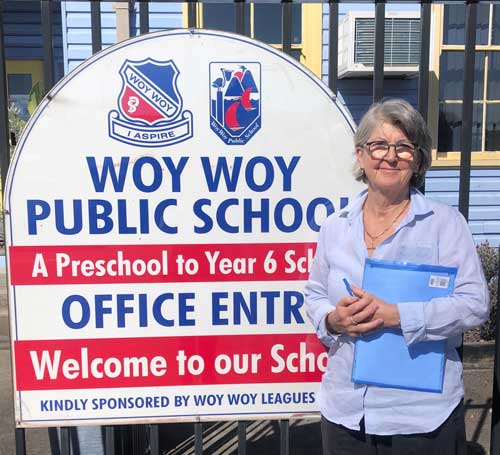@Home bulletin Term 4 2023
Our @Home bulletin lets you know what your children are discussing in ethics. These topics are certainly relevant to us as adults too. We hope the students talk about ethics with you at home – ask them about it! We’d love to hear of any good discussions you have.
The topics we show you below are based on classes which began at the beginning of the year. Please bear in mind that the further we advance into the year, the less likely these topics will be accurate for your child’s class. Classes started at different times (depending on when there were enough volunteers), some lessons go much slower than others, some schools skip ethics for the first and last weeks of the term and so on.
If your child tells you they are discussing a topic you don’t see in this bulletin, you can also look at the Curriculum section of our website to find it.
Here’s a brief look at what your children could be exploring in their ethics lessons this term.
Kindergarten: Owning up
In Term 4, kindy students will explore the ethics of owning up and telling the truth. They’ll talk about whether it’s okay to not speak up and admit when we’ve made a mistake and whether we miss opportunities to learn when we don’t own up.
Later in the term, they’ll reflect on two different ways we can work out if something’s true – by using our senses and by thinking.
Stage 1 – Years 1 & 2: Being kind
Our Stage 1 students will explore some big questions about kindness. They’ll consider whether helping someone because you hope to be rewarded or because you’ve been told to counts as being kind.
Stage 2 – Years 3 & 4: Cheating
In Term 4, our Stage 2 students will delve into the ethics of cheating. They’ll discuss what counts as cheating and whether cheating is always wrong. As part of this, they’ll consider whether it’s possible to cheat in a one-player game and whether it’s okay to cheat if the other team is cheating.
Later in the term, they’ll explore questions about friendships.
Stage 3 – Years 5 & 6: Why should we trust science?
Our Stage 3 students will explore some big questions about trust in science. They’ll talk about whether our beliefs matter and whether we have a responsibility to stay well-informed of the science when making big decisions.
Later in the term, students will consider what it means to treat someone fairly.
Stage 4 – Years 7 & 8: Yuck! The ethics of disgust
In Term 4, our Stage 4 students will ponder how emotions can influence decision-making and whether disgust is a reliable indicator of something being morally bad. They’ll also talk about whether emotions get in the way of making good decisions – or whether they help us make good decisions.
Later in the term, they’ll discuss whether it’s ever okay to put a monetary value on human life.


